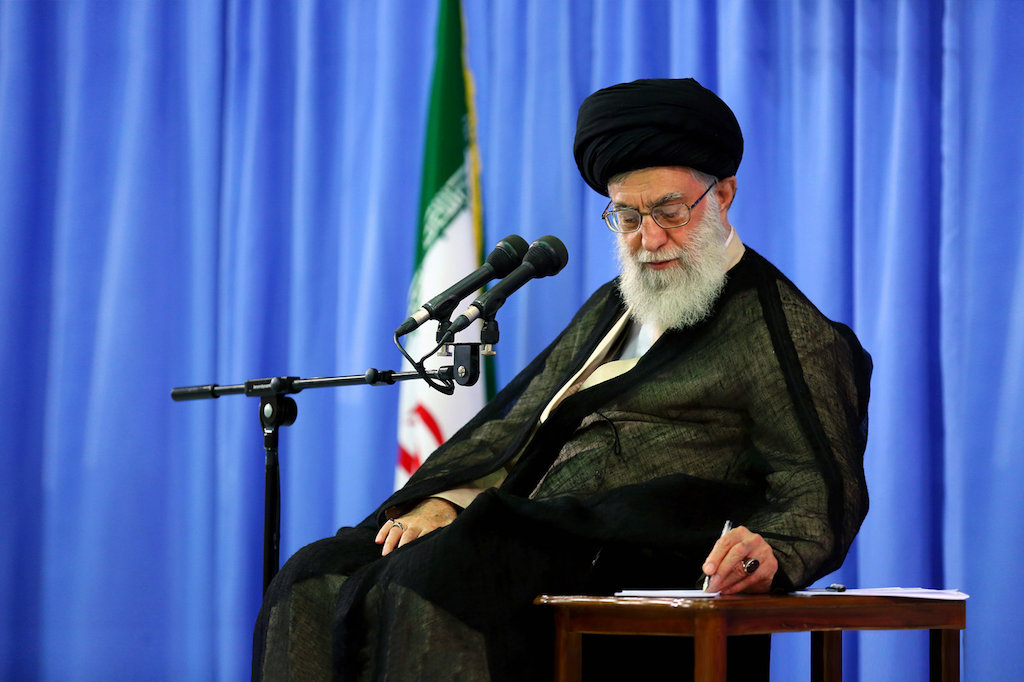The pardons come with certain conditions, and do not apply to dual nationals or to those charged with certain crimes.
The most notable crime exempt from pardon is for those charged with “corruption on earth”. This is generally in relation to spreading ‘corruption’ that threatens social or political well-being and is a capital crime in Iran, with four protestors already executed after being charged with it.
The pardons have also not been given to those charged with “spying for foreign agencies” or any person “affiliated with groups hostile to the Islamic Republic”.
The Iran protests began after a Kurdish woman, 22-year-old Mahsa Amini, was allegedly beaten to death by Iran’s morality police last September. She had been arrested for improperly wearing her hijab.
The Iran protests have increasingly escalated against the Iranian government, with deadly crackdowns against protestors as the government tries to maintain control.
According to activist news agency, HRANA, about 20,000 people have been arrested in relation to the protests, with Iranian authorities accusing foreign enemies of stoking.
It is reported that over 500 people have been killed in the crackdowns, including 70 minors. Four people have been officially executed by hanging.
The protests mark the most intense challenges to the Islamic Republic since the 1979 cultural revolution.
However, the protests have noticeably slowed since the government began the hangings.
The Iran pardons come after judiciary head Gholamhossein Mohseni Ejei wrote to Supreme Leader Khamenei saying, “During recent events, a number of people, especially young people, committed wrong actions and crimes as a result of the indoctrination and propaganda of the enemy.
“Since the foreign enemies and anti-revolutionary currents’ plans have been foiled, many of these youth now regret their actions.”
The pardons have since been approved in honour of the commemoration of the 1979 Islamic revolution.
However, according to a Norway-based Iran Human Rights group at least 100 detained protesters face possible death sentences.






